CANTERBURY, UK: New research conducted at the University of Kent in Canterbury has discovered a link between prenatal enamel growth rates of teeth and weaning in human babies. The research found that incisors grow quickly in the early stages of the second trimester of a baby’s development, while molars grow at a slower rate in the third trimester. This is so incisors are ready to erupt after birth, at approximately six months of age, when a baby makes the transition from breast-feeding to weaning.
Weaning in humans takes place relatively early compared with some primates, such as chimpanzees. As a result, there is less time available for human incisors to form, so the enamel grows rapidly to compensate.
The research findings could increase our understanding of weaning in our fossil ancestors and could help dentists, as dental problems do not register in all teeth in the same way. Enamel cells deposit new tissue at different times and different rates, depending on the tooth type.
Exactly when early weaning in humans first began is much debated among anthropologists. Current dental approaches rely on finding fossil skulls with teeth that were erupting at the time of death—which is an extremely rare find. Anthropologists will now be able to explore the start of weaning in an entirely new way because primary teeth preserve a record of prenatal enamel growth after they have erupted and for millennia after death.
The research, funded by a Royal Society equipment grant, was conducted by Dr Patrick Mahoney who works at the Kent Osteological Research and Analysis unit housed in the Human Osteology Research Lab of the University of Kent.
The study, titled “Dental fast track: Prenatal enamel growth, incisor eruption, and weaning in human infants”, was published online on 11 November in the American Journal of Physical Anthropology ahead of print.
QUEENBOROUGH – A couple from the UK has found a human tooth in a package of premium brand sausage. Representatives of the popular British supermarket ...
SHEFFIELD, UK: According to new research by an international team of scientists, human teeth evolved from the same genes that form the characteristic beaked...
PORTSMOUTH, UK: According to new research from the University of Portsmouth in England, fossils from the oldest mammals belonging to the line that led to ...
LONDON, UK: Looking back in time through archaeology has revealed many insights to explain where Homo sapiens came from. By examining teeth, scientists have...
BRIGHTON, UK/ATLANTA, US: The incidence of thyroid cancer and meningioma is increasing globally. New research has found that repeated exposure to dental ...
NOTTINGHAM, England: The use of advanced biomaterials in dentistry continues to gain momentum, offering new ways to repair and protect teeth without relying...
LONDON, UK: It has been established that patients with a phobia of dentistry may often delay visiting the dentist or avoid it altogether. It comes as ...
YORK, UK: The history of dairy consumption among European populations is a surprisingly contentious subject. Lactase persistence—the ability to digest the...
LONDON, UK: The negative impact that excess sugar consumption has on both oral and overall health is a well-established fact at this point. It comes as ...
LONDON, England: A pioneering study from King’s College London has revealed that keratin—sourced from human hair or wool—can form a crystalline ...
Live webinar
Thu. 26 February 2026
1:00 am UTC (London)
Live webinar
Tue. 3 March 2026
4:00 pm UTC (London)
Dr. Omar Lugo Cirujano Maxilofacial
Live webinar
Wed. 4 March 2026
1:00 am UTC (London)
Dr. Vasiliki Maseli DDS, MS, EdM
Live webinar
Wed. 4 March 2026
5:00 pm UTC (London)
Munther Sulieman LDS RCS (Eng) BDS (Lond) MSc PhD
Live webinar
Wed. 4 March 2026
6:00 pm UTC (London)
Live webinar
Fri. 6 March 2026
8:00 am UTC (London)
Live webinar
Tue. 10 March 2026
8:00 am UTC (London)
Assoc. Prof. Aaron Davis, Prof. Sarah Baker



 Austria / Österreich
Austria / Österreich
 Bosnia and Herzegovina / Босна и Херцеговина
Bosnia and Herzegovina / Босна и Херцеговина
 Bulgaria / България
Bulgaria / България
 Croatia / Hrvatska
Croatia / Hrvatska
 Czech Republic & Slovakia / Česká republika & Slovensko
Czech Republic & Slovakia / Česká republika & Slovensko
 France / France
France / France
 Germany / Deutschland
Germany / Deutschland
 Greece / ΕΛΛΑΔΑ
Greece / ΕΛΛΑΔΑ
 Hungary / Hungary
Hungary / Hungary
 Italy / Italia
Italy / Italia
 Netherlands / Nederland
Netherlands / Nederland
 Nordic / Nordic
Nordic / Nordic
 Poland / Polska
Poland / Polska
 Portugal / Portugal
Portugal / Portugal
 Romania & Moldova / România & Moldova
Romania & Moldova / România & Moldova
 Slovenia / Slovenija
Slovenia / Slovenija
 Serbia & Montenegro / Србија и Црна Гора
Serbia & Montenegro / Србија и Црна Гора
 Spain / España
Spain / España
 Switzerland / Schweiz
Switzerland / Schweiz
 Turkey / Türkiye
Turkey / Türkiye
 UK & Ireland / UK & Ireland
UK & Ireland / UK & Ireland
 International / International
International / International
 Brazil / Brasil
Brazil / Brasil
 Canada / Canada
Canada / Canada
 Latin America / Latinoamérica
Latin America / Latinoamérica
 USA / USA
USA / USA
 China / 中国
China / 中国
 India / भारत गणराज्य
India / भारत गणराज्य
 Pakistan / Pākistān
Pakistan / Pākistān
 Vietnam / Việt Nam
Vietnam / Việt Nam
 ASEAN / ASEAN
ASEAN / ASEAN
 Israel / מְדִינַת יִשְׂרָאֵל
Israel / מְדִינַת יִשְׂרָאֵל
 Algeria, Morocco & Tunisia / الجزائر والمغرب وتونس
Algeria, Morocco & Tunisia / الجزائر والمغرب وتونس
 Middle East / Middle East
Middle East / Middle East



























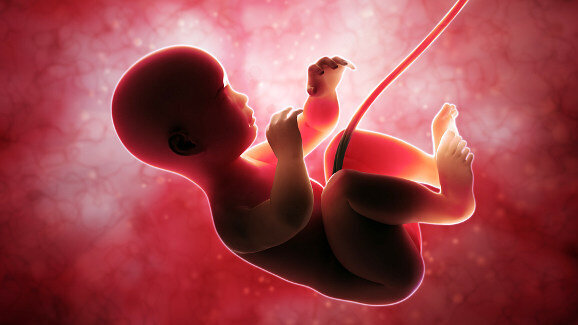



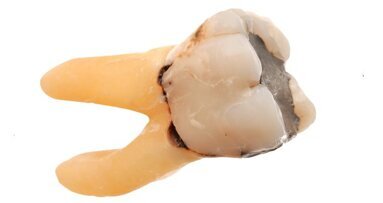

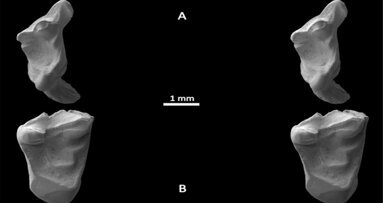
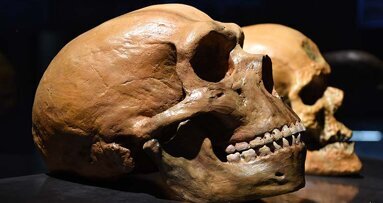



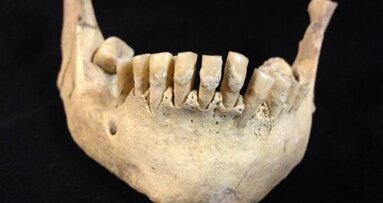

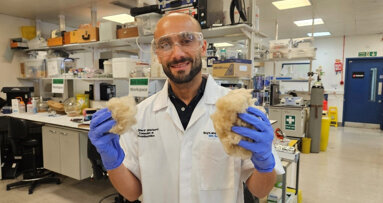










To post a reply please login or register